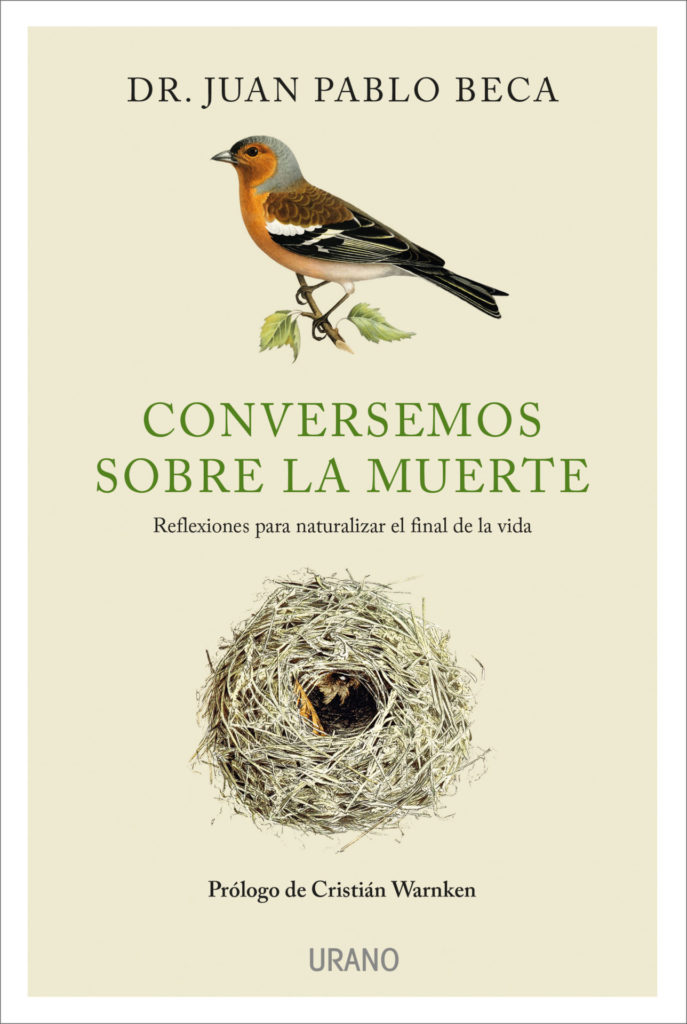Let’s talk about death is an invitation to dispel myths, fears, misconceptions and to anticipate death. Juan Pablo Beca, its author, argues that we need to naturalise death and consider it as the last chapter of a biography.
– Dr Juan Pablo Beca is a neonatologist and paediatrician at the University of Chile, and an expert in bioethics. He is the founder of the Bioethics Centre of the Faculty of Medicine Clínica Alemana-Universidad del Desarrollo, and was director and professor of the Inter-University Master’s Degree in the speciality.
Not when, not where, not how. We know nothing about the arrival of death, except that it is inevitable. And that it terrifies us. As if it were a sinister, lurking character, we construct ways to keep it at bay, because we would like to ignore the fact that one day, we will all disappear. What if we stop ignoring it, if we suspend our fear and reflect calmly and seriously on death? Is it possible to understand it as an act of life – the last one, by the way – a sort of final chapter of a biography? Can we anticipate and express our preferences for a good death?
Dr Juan Pablo Beca Infante, a neonatologist specialising in bioethics, invites us to rethink the idea of death, to analyse its edges and disarm myths that frighten us. With surprising simplicity and proximity, and through real clinical cases, he exposes the different contexts of dying, the vicissitudes of organ transplants or the undeniable nuances of euthanasia, and reveals the behind-the-scenes of health professionals, who also sometimes stubbornly deny the irremediable.
A university professor and clinical consultant, the author argues that the dignity of every human life, even if it lasts a few minutes or several decades, needs a closure that completes and confirms its meaning. And he asserts that, if we stop now, if we think about it today,
and discuss it with our families and friends, it is possible to participate in the difficult decisions that the end-of-life demands. Both our own, and those we love.










